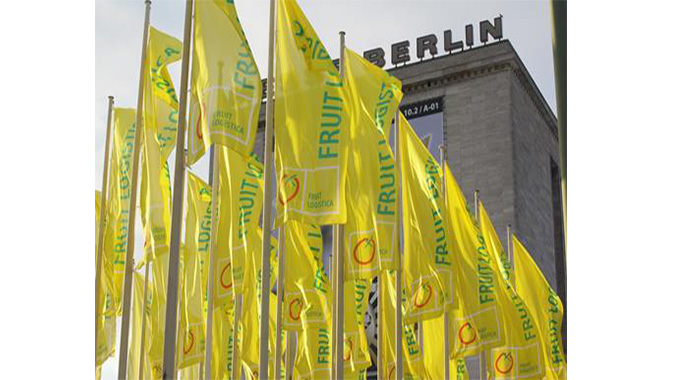Export window for indlubu/nyimo farmers

Sikhulekelani Moyo, Business Reporter
ZIMBABWEAN farmers stand a chance to reap huge export earnings through trading of round nuts, commonly known as indlubu/nyimo.
During the recent German Fruit Logistica Trade Fair, where Zimbabwe participated, there were lots of enquiries around the product as buyers sought to enhance its supply to the global market, according to ZimTrade, the country’s specialised trade development and promotion agency.
The Fruit Logistica Expo took place between 5-7 April 2022 in Berlin where ZimTrade facilitated participation of 25 companies of which 10 were exhibitors while the other 15 participated in a series of business-to-business meetings.
The German showcase is regarded as one of the world’s largest trade fairs for horticultural players and is strategic in terms of connecting Zimbabwean exporters with buyers from leading markets across the world.

Mr Allan Majuru
ZimTrade chief executive officer, Mr Allan Majuru, said the demand for non-traditional export products from Zimbabwe was encouraging and this has been identified as a huge opportunity for local farmers.
“Interesting from the inquiries was the number of buyers who are looking for suppliers of indlubu/nyimo, also known as Bambara nuts,” said Mr Majuru.
“Although the global import values are still low, there is huge potential for growth, as people are looking at alternative forms of protein.”
Citing findings from Trade Map, ZimTrade said the global import bill of the product was US$1,7 million in 2020, up from US$1,23 million in 2019.

“What this figure shows is that countries that are quick to increase exports right now will likely command the largest share when the market grows bigger,” he said.

German Fruit Logistica Trade Fair
“For Zimbabwe, the inquiries received at Fruit Logistica shows that buyers are looking at local farmers as potential suppliers and there is a need to capitalize on this opportunity.”
Indlubu/nyimo has always been part of Zimbabwe’s delicacy for generations and is grown in most parts of the country.
It is a good source of protein, easy to prepare, and usually consumed as breakfast or lunch by millions of people in Zimbabwe.
“What is exciting, however, is not only the treasured history Zimbabwe has with the product, but also the potential to earn millions on the export markets as the demand for the product is anticipated to grow around the world,” said Mr Majuru.

Marula
“Considering the current drive by the Second Republic to promote the cultivation of indigenous, and drought-tolerant crops that can perform well in harsh conditions, increased production of export-oriented indlubu/nyimo will unlock export access for rural communities, which in turn will improve the contribution of the agricultural sector to national exports.”
ZimTrade has pledged to improve capacities of Micro, Small and Medium Enterprises (MSMEs) so that they meet requirements for exporting the crop, marula, and chilli to the European Union and other markets. — @SikhulekelaniM1










Comments